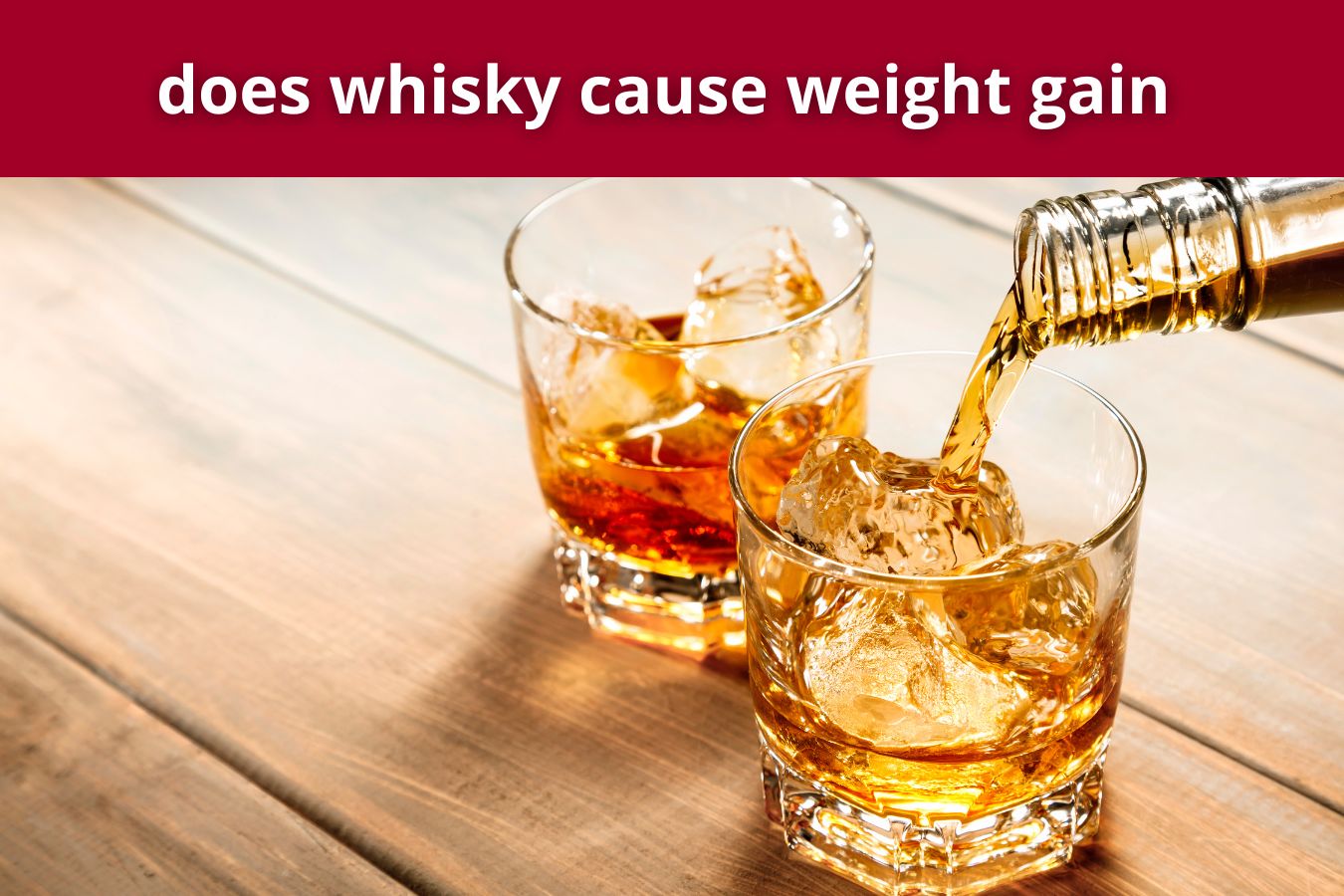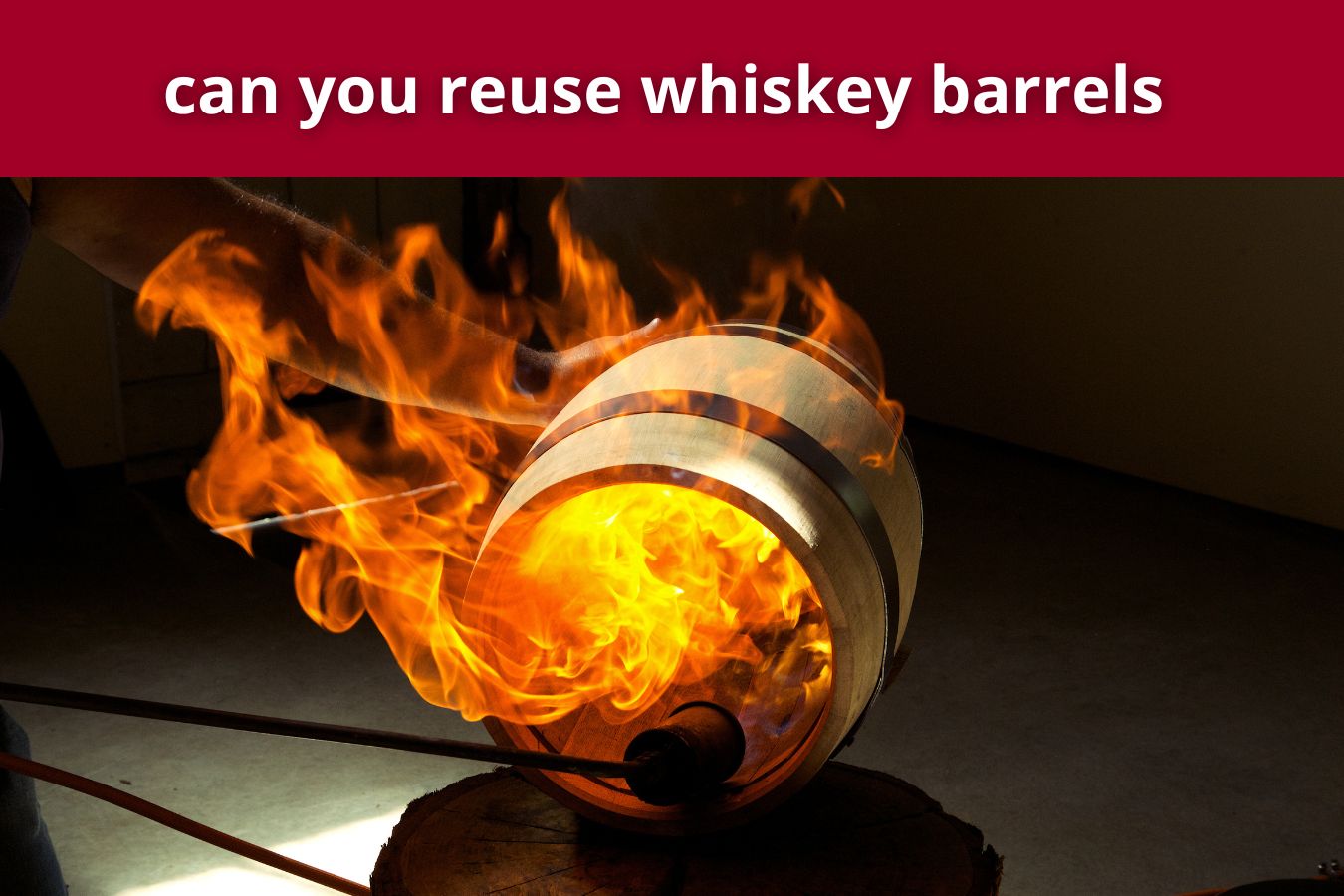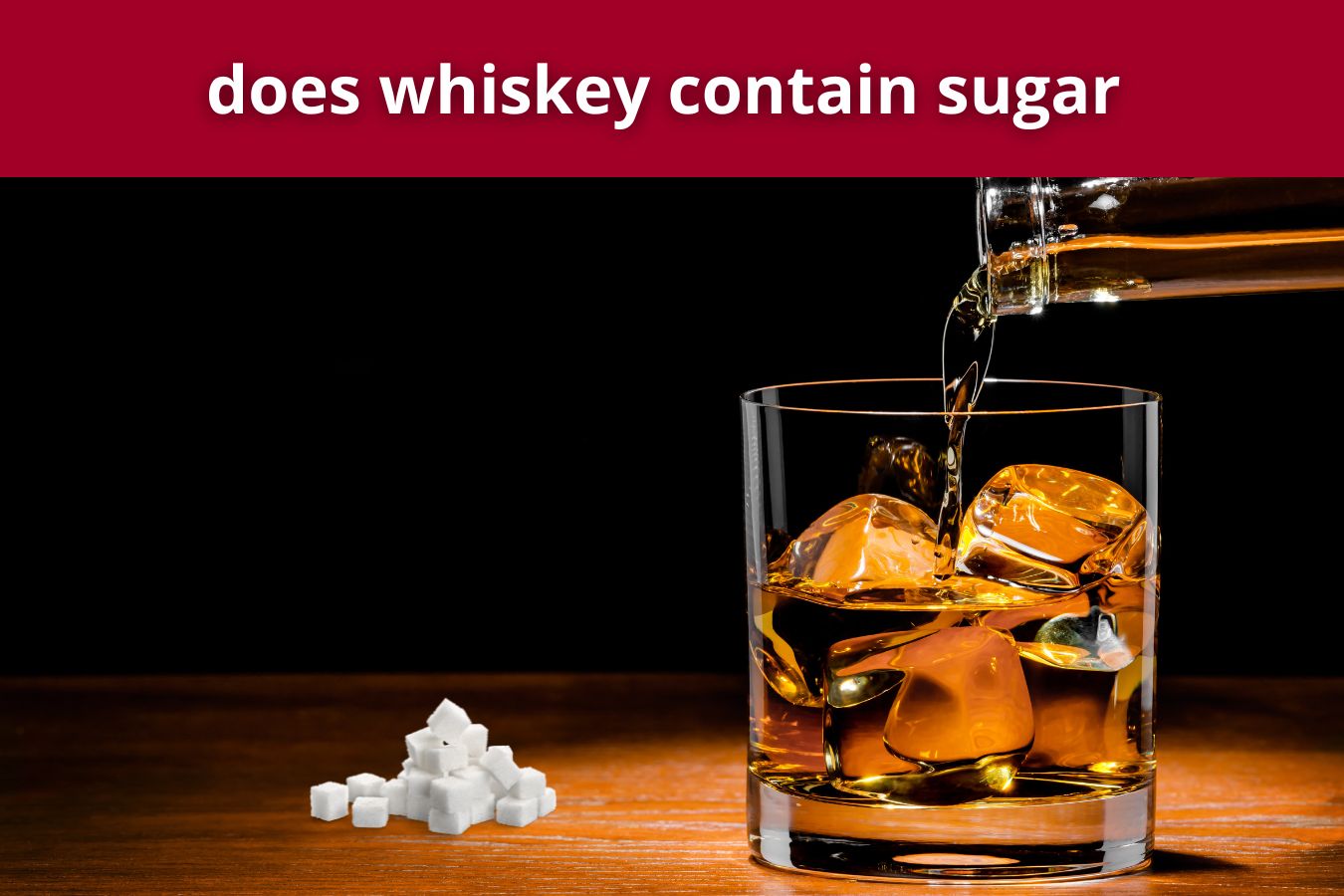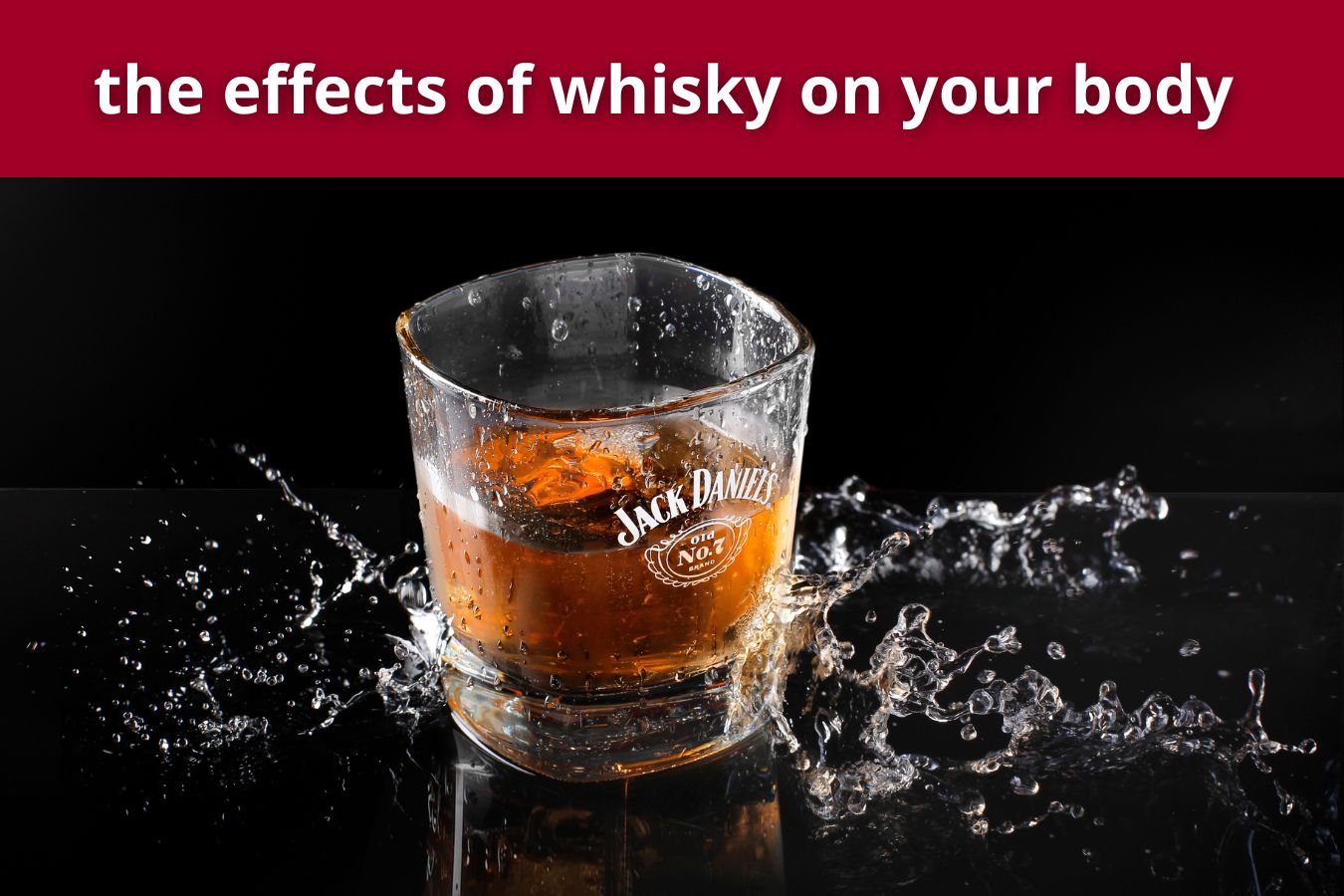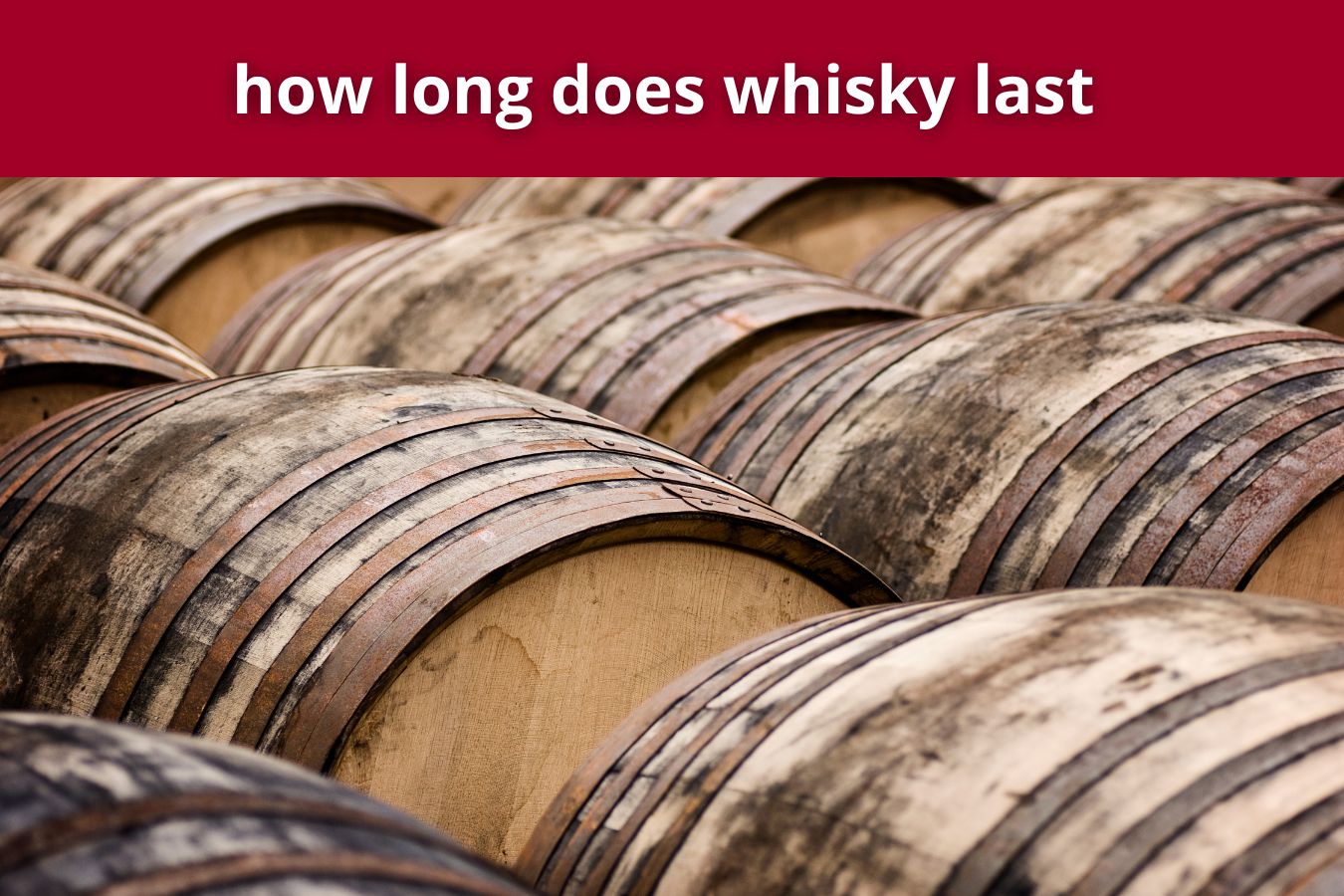Does whisky cause weight gain? Fortunately, the answer is no. It’s not true that whisky increases weight if you drink it in moderation. Moreover, alcohol is a toxin that increases appetite and increases the production of cortisol. Moreover, alcohol dehydrates the body. However, there are other factors that can increase your weight. Here’s more information on this topic. If you’re wondering whether whisky makes you gain weight, read this article.
Table of Contents
Alcohol is a toxin
Consuming alcohol in moderation can prevent excess weight gain. However, drinking too much can increase your risk of developing obesity. Alcohol affects the body’s ability to burn calories, so your body does not use it for fuel. Instead, it stores it as fat. It is important to limit alcohol intake to avoid this problem. However, it is important to be aware that alcohol does not affect the metabolism in the same way as other foods.
The liver is the main organ involved in the metabolism of alcohol. This organ filters blood from the digestive tract. When it breaks down alcohol, it produces acetaldehyde. This toxin can damage the liver and cause inflammatory changes. Drinking too much alcohol can lead to many health problems. Among these are diabetes and pancreatic cancer. In addition to causing weight gain, alcohol can damage your body’s organs and impair their function.
It increases appetite
Drinking whiskey will increase your hunger, which is bad for your weight. Studies have shown that whiskey can cause weight gain in individuals. However, the effects vary from person to person. For example, excessive drinking can increase your hunger and cause you to eat junk foods or high-calorie drinks. Alcohol can also increase your metabolism and cause your body to burn fat. So, it is best to drink in moderation and watch your weight.
Generally, your body breaks down food into different units of calories and nutrients needed for different bodily functions. Alcohol, on the other hand, is considered indigestible by the body, and your liver tries to process it. As a result, you eat more than you should. Additionally, your body stores extra calories in fat cells. While you may be able to eat less than you would if you did not drink alcohol, you will still increase your appetite.
It increases cortisol levels
Studies have shown that drinking alcohol can increase your cortisol levels and lead to weight gain. High levels of cortisol lead to higher appetite, which is not healthy. It also affects your circadian rhythm, which affects your metabolism. When you’re stressed, your body releases cortisol to combat the stress. As a result, you end up gaining weight. While the exact reasons are unknown, there are some basic things you can do to reduce your stress and keep your metabolism in check.
One way to reduce your stress is to drink whiskey responsibly. One or two fingers a day can help you feel better, but anything more than that will have a negative effect on your health. Alcohol also interferes with your diet and exercise program. Even a small glass of whiskey contains about 7 calories per gram. It doesn’t need to be mixed with soda to get its full effect, but diet coke can alter the way whiskey affects you.
It dehydrates
While alcohol consumption is great for many reasons, it is essential to keep in mind that drinking whiskey can also cause a number of health problems. Drinking too much whiskey can lead to elevated heart rates, nausea, and vomiting, as well as impaired judgment and impaired reaction time. In addition, drinking whiskey can impair balance, leading to falls. This can result in a variety of health complications, including liver cirrhosis.
If you plan on drinking whisky, you should also make sure to drink plenty of water afterward. It is important to drink a gallon of water within two hours of drinking. You should avoid drinking a full bottle of whiskey and avoid heavy meals for 11 hours afterward. Another tip is to dilute your drinks. If you have a very strong whisky, it’s recommended to dilute it with water or ice. Drinking too much will dehydrate you, and any foods you consume afterward will not be metabolized by your body.
It impairs repair of muscle tissue
There are numerous health consequences of whiskey consumption, and the effects of alcohol on the body are more than just a hangover after a night out. Whiskey can interfere with the body’s ability to recover from workouts and can lead to increased water loss, which makes it harder to recover muscles in active adults. It can also impact the gut, impairing digestion and impairing muscle repair. Furthermore, excessive alcohol intake can cause weight gain and damage to the liver.
Studies show that men and women are susceptible to the effects of alcohol because they tend to process it at different rates than alcohol does. One ounce of whiskey contains approximately 50 percent alcohol, and an average sized man can drink that amount in an hour. By the time the alcoholic beverage reaches the blood stream, the concentration of alcohol in his blood has increased to the point that the average man has difficulty speaking.

